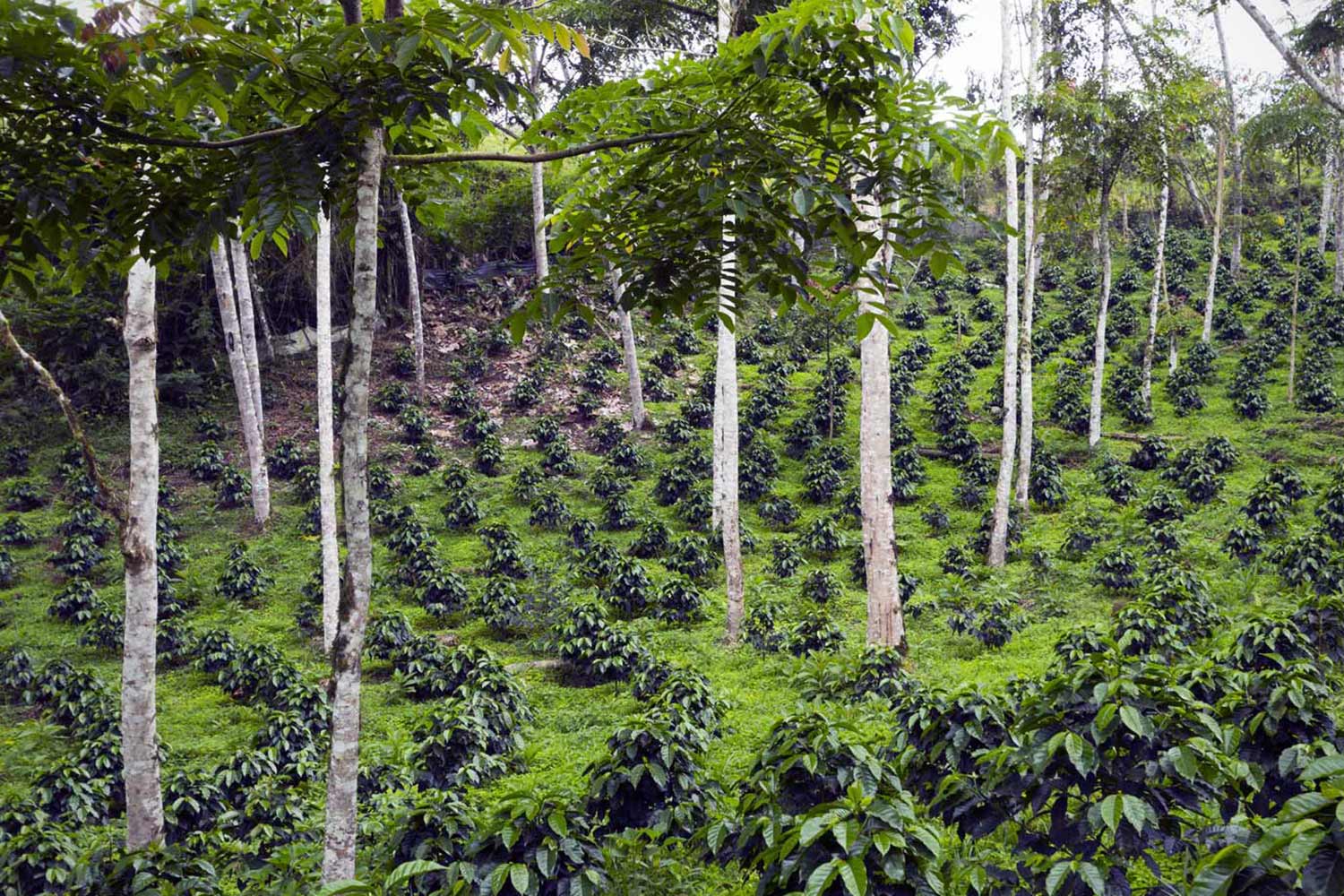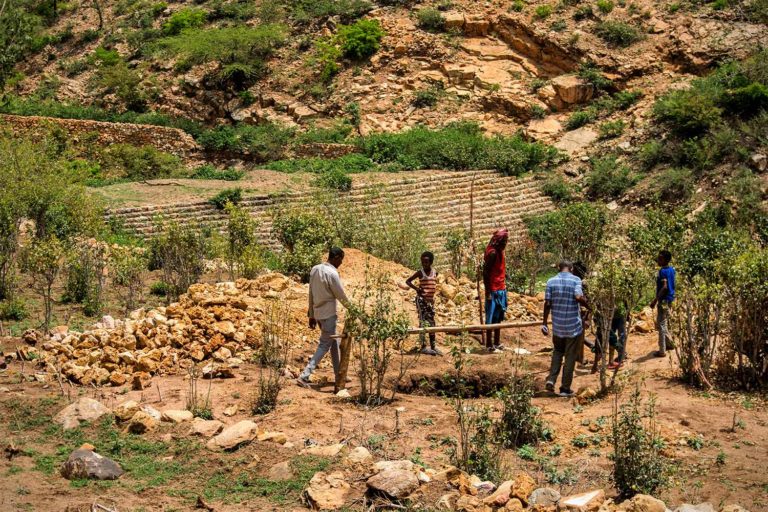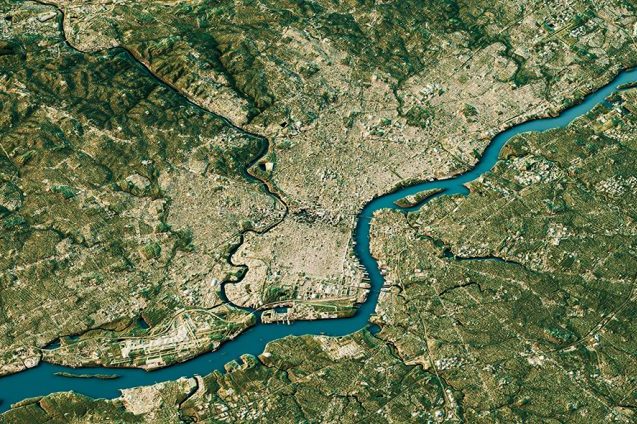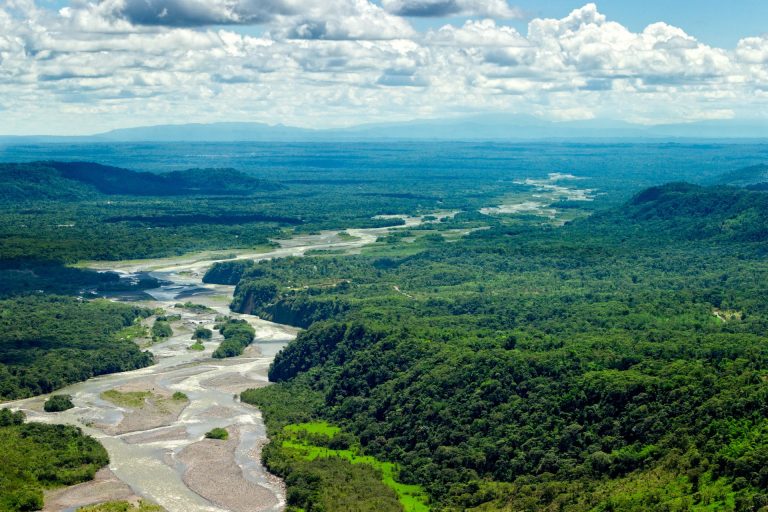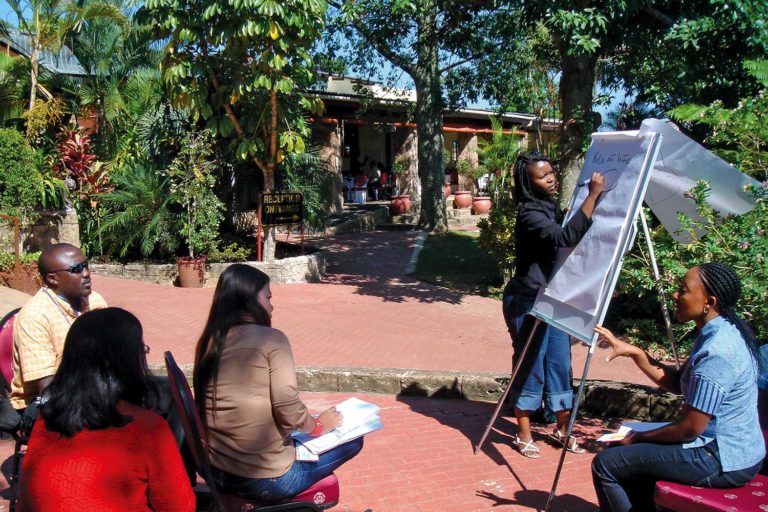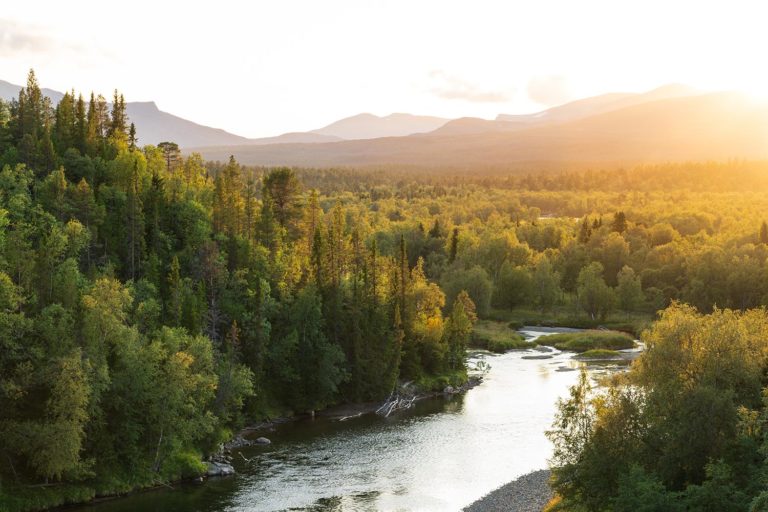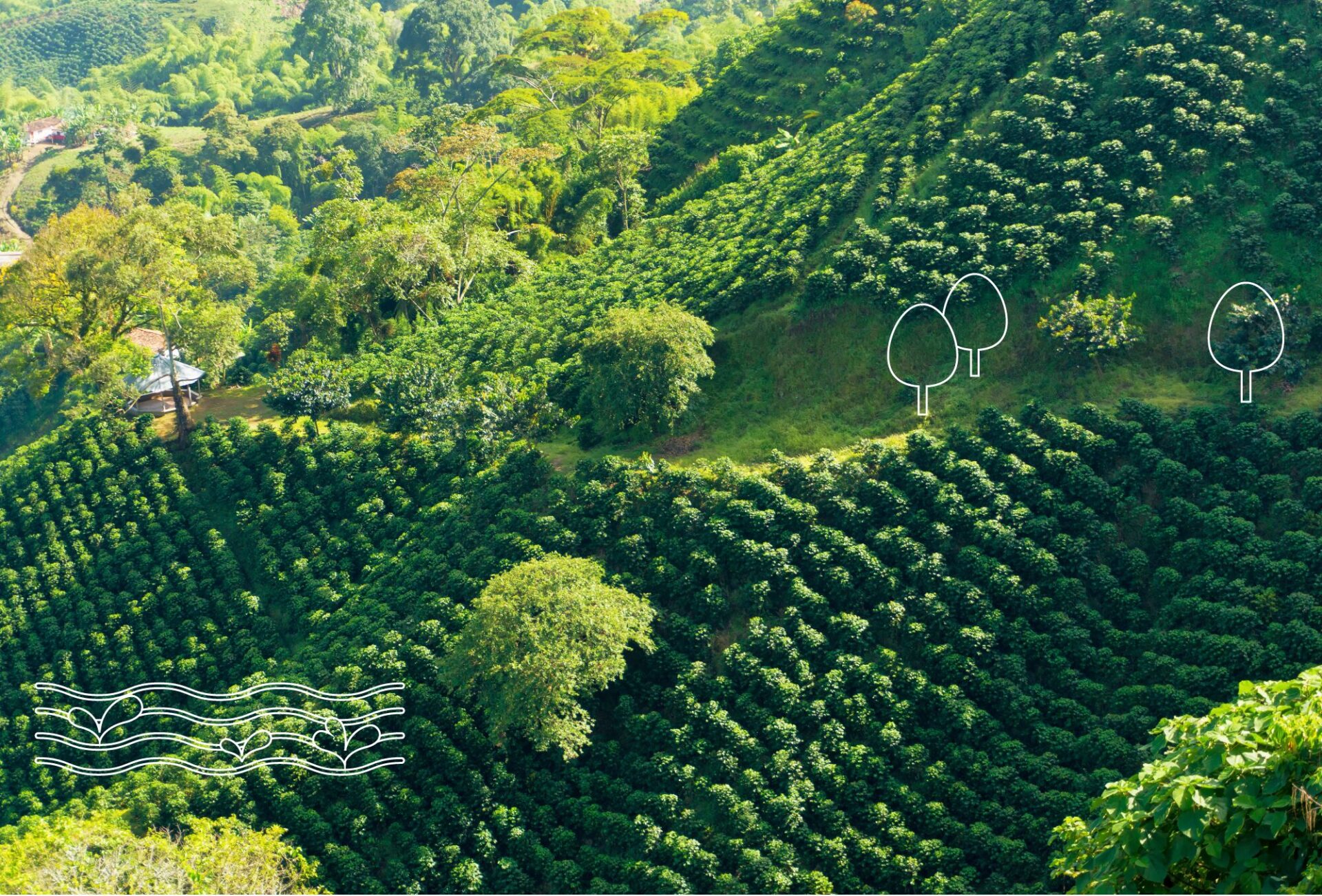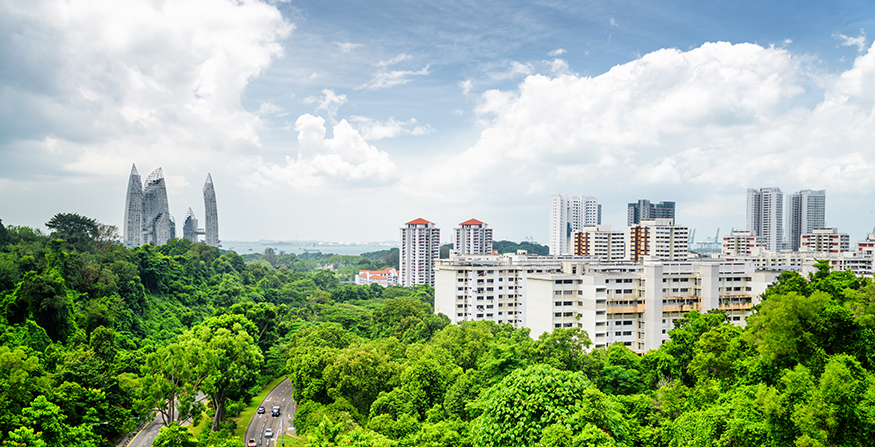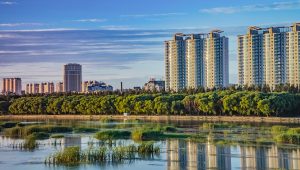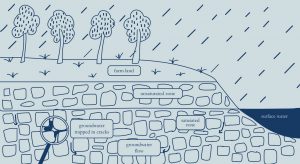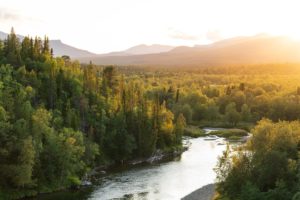The thematic team Water for Resilient Landscapes generates and shares knowledge on the role of water in healthy ecosystems and resilient landscapes. Our goal is to support the integration of hydrological flows and water security in planning, decision-making, and management of landscapes, and to raise awareness of water-smart practices that support the water cycle, ecosystem functions and biodiversity.
Forestry and agricultural practices that consider water availability and hydrological flows often have synergistic benefits for many essential ecosystem services. The water cycle plays a crucial role for resilient, productive landscapes to provide clean water, fibre, energy, and nutritious food. Landscapes with functioning hydrology sustain biodiversity and contribute to climate change mitigation and adaptation.
Multiple crises in the world (climate, water, food, degraded land, biodiversity) are paving the way for a transition to a more sustainable future, and there is a growing interest in new ways to protect and restore landscapes and their ecological and hydrological functions. SIWI’s thematic team Water for Resilient Landscapes (WRL) is part of a vibrant global movement that promotes more resilient approaches to forestry, agriculture, and landscape restoration and management.

The challenge
The global water crisis is exacerbated by climate change, land degradation and loss of biodiversity. In many parts of the world, ecosystems are on the brink of collapse, disrupting the water cycle and leading to loss of carbon sinks, fertile soils and habitats for biodiversity in landscapes. This in turn has negative consequences for water and food security and reduces the resilience against natural disasters. Transformative change of the management of water, biodiversity and ecosystems is urgently needed.
To address complex environmental challenges and minimize trade-offs, it is necessary to find landscape-wide inclusive approaches that integrate agriculture, forestry, energy, and water. People in different sectors, and at different levels, need to learn about the benefits of landscape restoration and mosaic landscapes, where protected land is interspersed with farms and urban areas. Our team promotes landscape approaches, as a mechanism for dialogue and action among multiple stakeholders to mobilize better practices for land use and water resource.
The linkages between water and different types of land cover – such as forests, grasslands, wetlands – tend to be very context specific and there is great need for continuous research and knowledge exchange on the many complex interlinkages.
Our impact
As water resources are becoming more constrained, questions about water management must increasingly be at the forefront of decision-making about forests and landscapes. Based on the growing body of knowledge about the role of water in landscape restoration, SIWI provides platforms for dialogue, knowledge exchange and co-production of knowledge. The WRL team supports capacity-building to provide policy makers and practitioners with the tools and insights they need to improve governance and management. SIWI also helps identifying financing initiatives and tools to mainstream the landscape approach into decision-making.
The team is active in many parts of the world. Together with stakeholders and networks, we generate and disseminate knowledge on how to restore, govern and manage landscapes to ensure their hydrological functions, protect water resources and sustain livelihoods. We provide platforms for dialogue, knowledge exchange and co-production of knowledge, contributing to the scientific understanding of the forest-water nexus.
A conceptual framework has been developed by the WRL team, for analyses of drivers of change of landscapes, impacts on hydrology and water ecosystem services, and their contribution to sustainable development.
